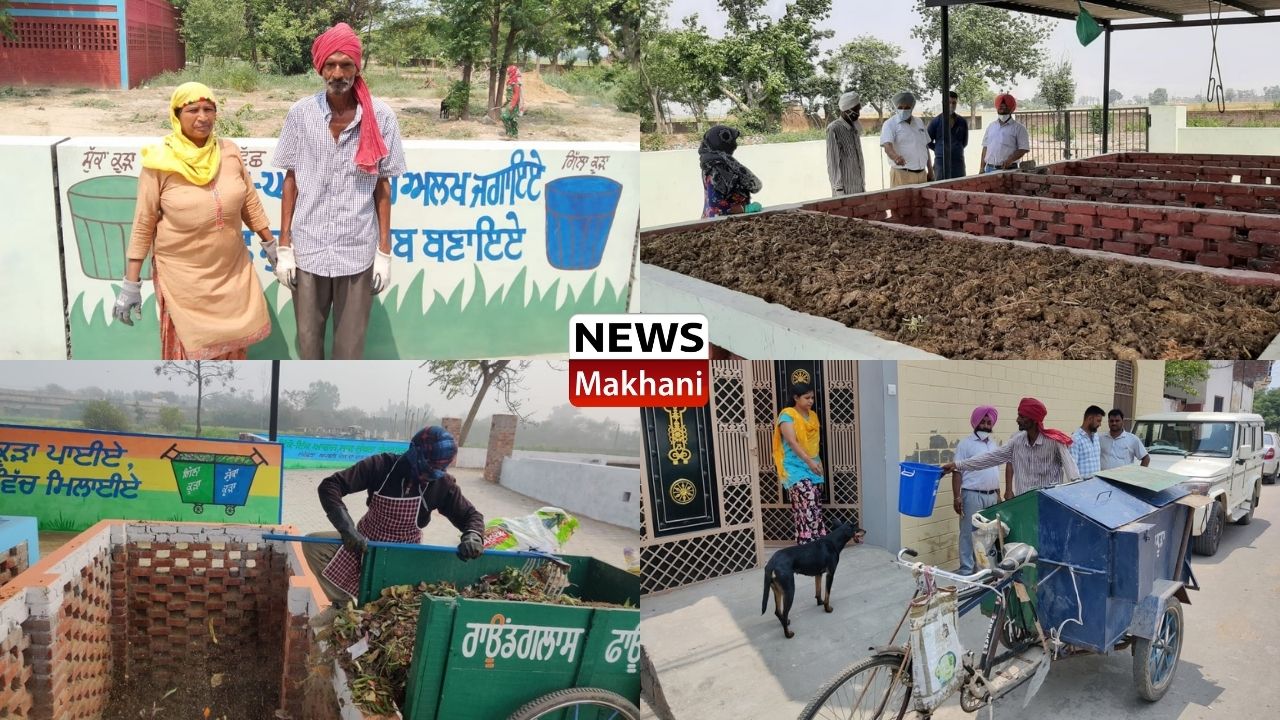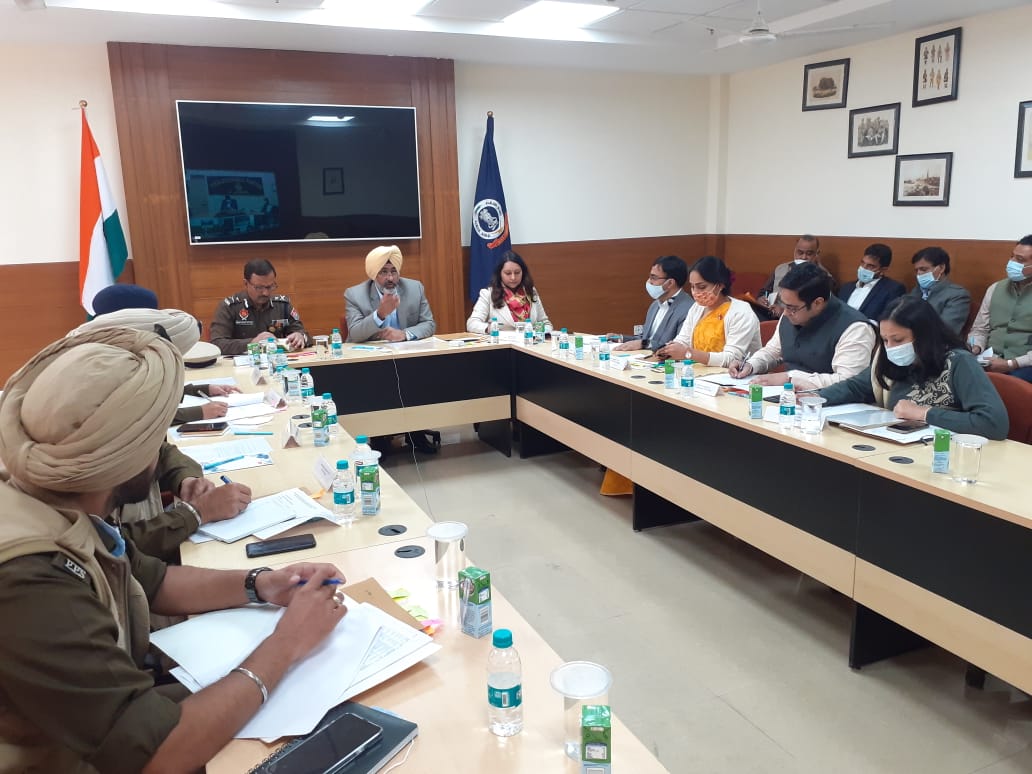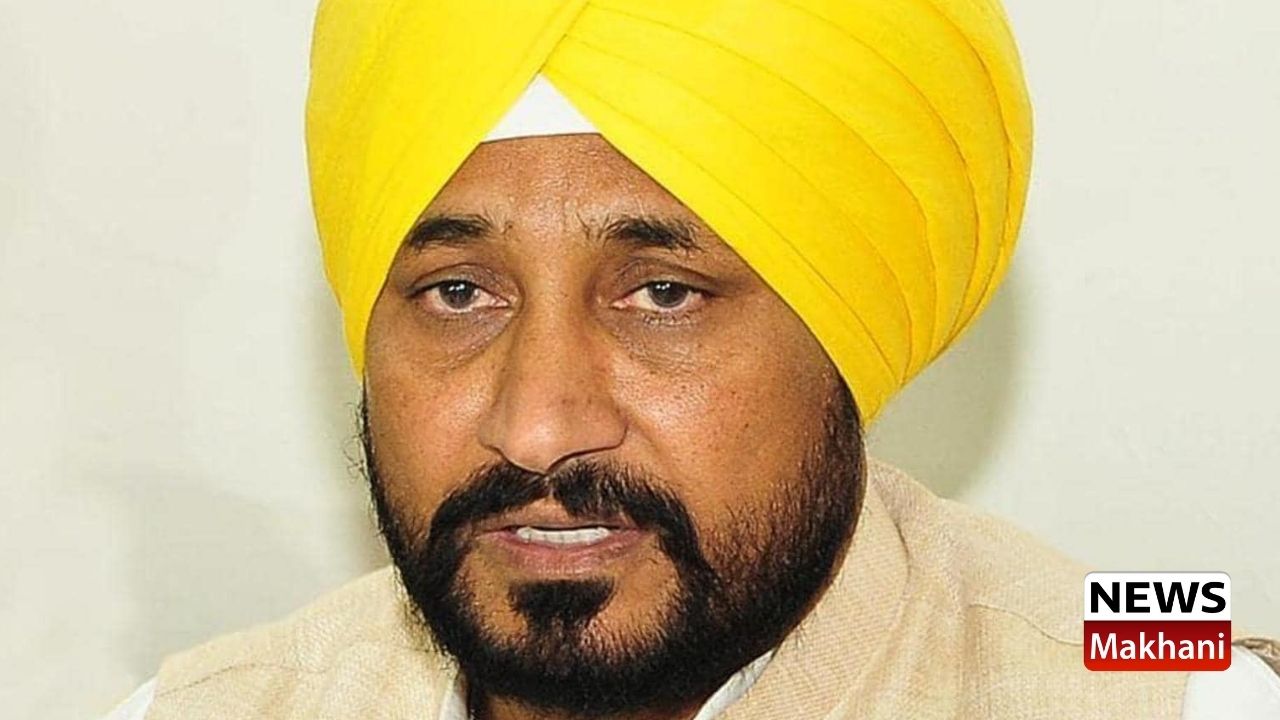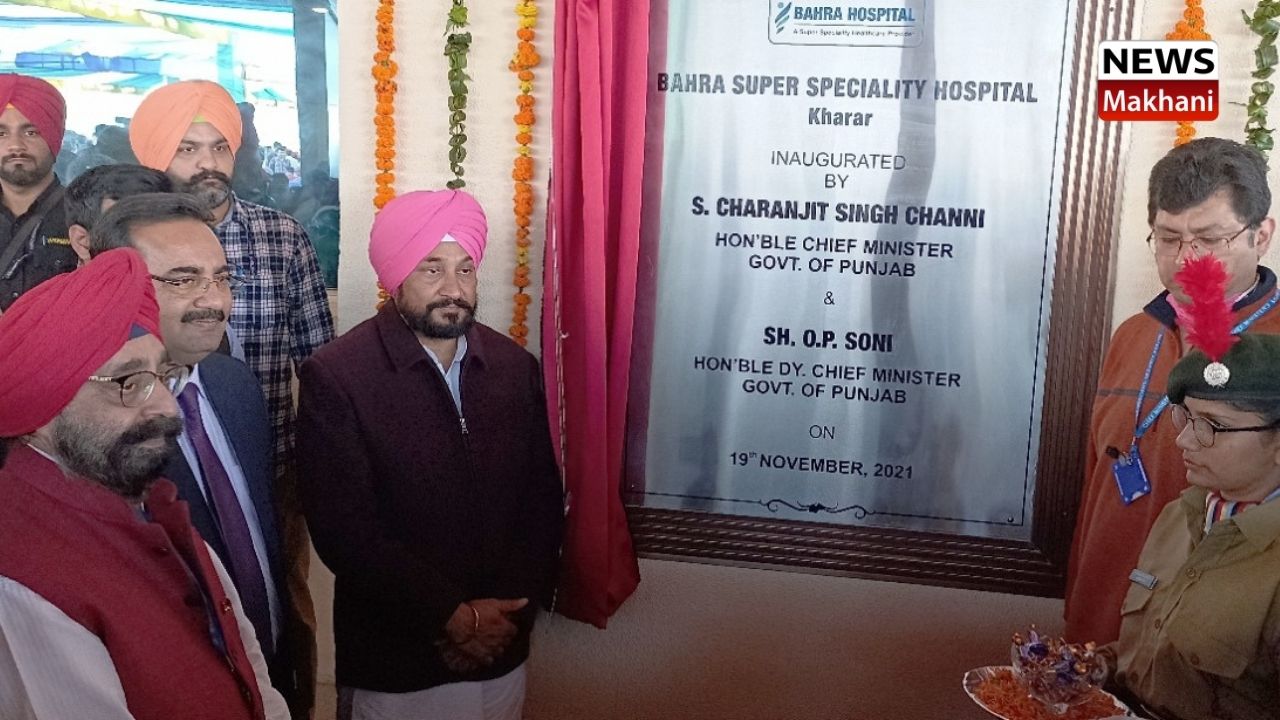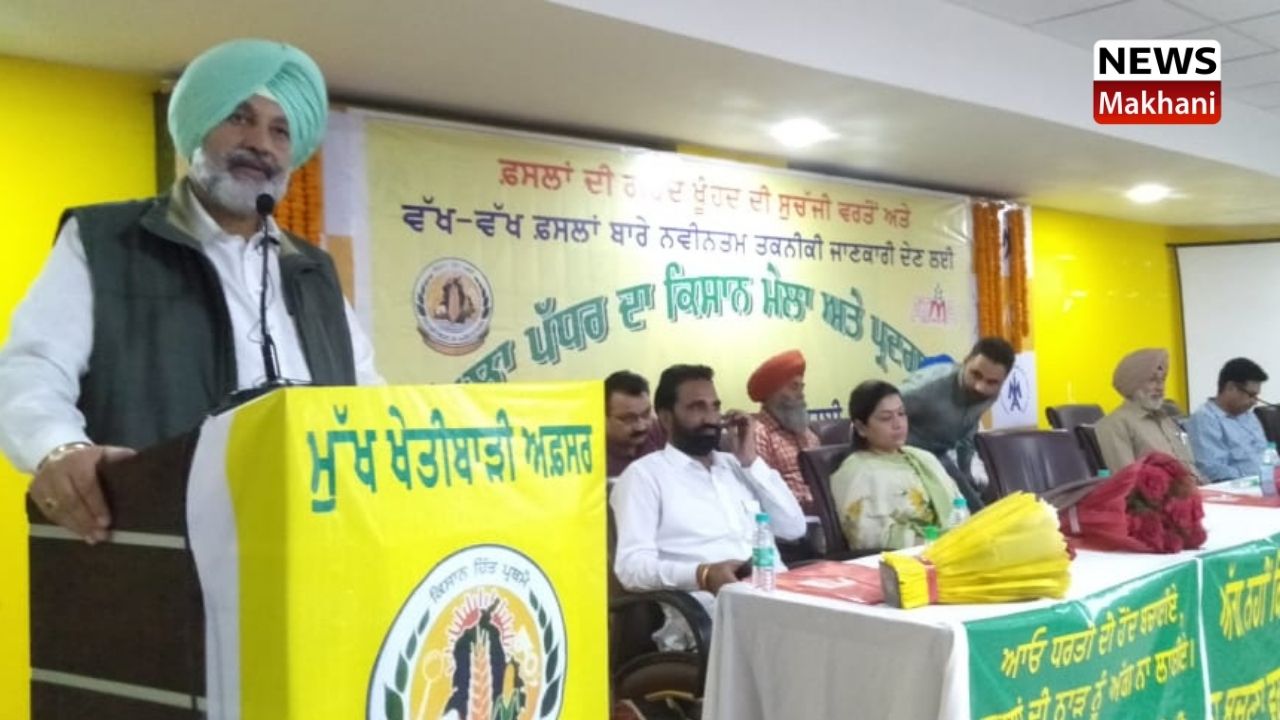Nawanshahr, Sep 7 2021
Phase II of the Swachh Bharat Mission Grameen (SBM-G) campaign is all about managing waste and making habitations clean, in addition to sustaining ODF status and the gains made in Phase I. Many villages have been putting in place systems that effectively manage solid and liquid waste. Taking a leaf from other districts, Shaheed Bhagat Singh Nagar (SBS Nagar) has learned over the past year that managing waste contributes to visual cleanliness.
The initiatives undertaken in Kariam village are in keeping with the SBM-G Phase II Guidelines that calls for effective management of solid and liquid waste. After the successful implementation of SBM-G Phase I, Kariam heads towards accomplishing waste management practices and reinforcing ODF sustainability.
Addressing concerns: Last Year, post organizing a community meeting and a sanitation drive in the Gram Panchayat, Sh. Hardeep Singh, Sub Divisional Engineer (Sanitation) came upon several unsightly piles of garbage. Keen to resolve the issue at the earliest, he held discussions with the Sh. Dilbag Singh, Sarpanch and Sh. Rajesh Chaddha, Block Development and Panchayat Officer. Abiding by the Guidelines of SBM-G Phase II, a solid waste management (SWM) unit was setup.
At the outset, proper site inspection was done to ensure land availability with proximity to the village. Construction of the plant was completed in March 2021 and became operational on April 30, 2021. It was well designed with 3 pits to facilitate permanent tank composting at community level and painted with swachhata slogans for awareness generation. Each of the pits measuring 11.3 ft (length) X 4.3 ft (width) X 4 ft (depth) above the ground, spread across an area of 168 sq.mts to cater to a population of 3265 individuals from 645 households. The cost of construction and operation amounted to Rs. 6 lakhs, taken from MGNREGA, and 14th and 15th Finance Commission grants.
Community awareness: Team SBM-G realized community involvement was key to the success of the SWM initiative. To promote awareness, two meetings were organized at the Panchayat Ghar so that people would understand the importance of segregation at source and the different kinds of waste. Moreover, each household was given 2 bins each – blue for dry or non-biodegradable waste and green for wet or biodegradable waste. The community was delighted to learn about such practices and were looking forward to making their village clean and healthy.
Challenges addressed: There was some resistance initially when people used the bins to collect water rather than their segregated waste. Some were unwilling to pay the nominal charge for waste collection. When the matter was taken to the Deputy Commissioner, Dr.Shena Aggarwal, she took prompt measures to organize door to door visits and appointed officials to see that the plant was operational.
The consistent efforts and home visits paid off, as significant improvement was gradually seen. Currently 65% of the households are actively contributing to the Scheme – through financial contribution and source segregation.
Waste Collector Sh. Tarsem Lal and his wife Smt. Kamaljit Kaur have taken an oath to make their village clean. Starting at 8 AM, they collect waste from every house in their vehicle that has two sections – for dry and wet waste. This is taken to the shed where further segregation is done. On an average, around 300 kgs of waste is generated per month. Approximately 3 weeks later, the waste is churned and left undisturbed before it is finally converted into rich compost.
Self-sustainable: To ensure maintenance of the SWM plant, the Gram Panchayat supervises operation and maintenance. The first batch of compost would be ready for sale by next month and is bound to generate some revenue for the Gram Panchayat. Some of it will also be used for kitchen gardens and agricultural purposes. On the other hand, the dry waste is sold to recyclers.
- HOME
- India
- National
- States
- Andaman and Nicobar Islands
- Andhra Pradesh
- Arunachal Pradesh
- Assam
- Bihar
- Chhattisgarh
- Dadra and Nagar Haveli and Daman & Diu
- Delhi
- Goa
- Gujarat
- Jharkhand
- Karnataka
- Kerala
- Ladakh
- Lakshadweep
- Madhya Pradesh
- Maharashtra
- Manipur
- Meghalaya
- Mizoram
- Nagaland
- Odisha
- Puducherry
- Rajasthan
- Sikkim
- Tamil Nadu
- Telangana
- Tripura
- Uttar Pradesh
- Uttarakhand
- West Bengal
- North India
- Agriculture
- Lifestyle
- Entertainment
- Education
- Language:

 हिंदी
हिंदी
